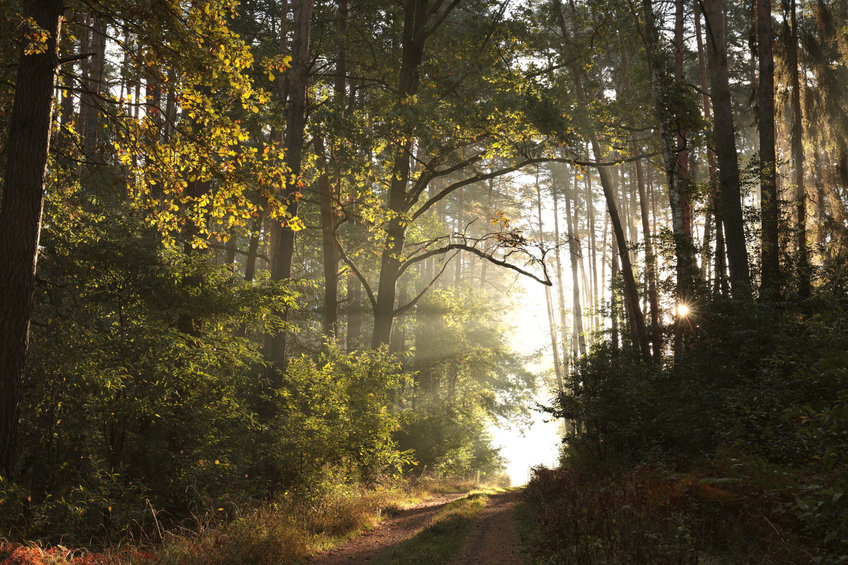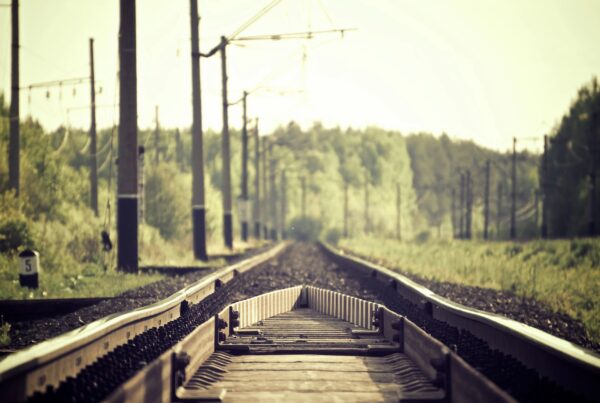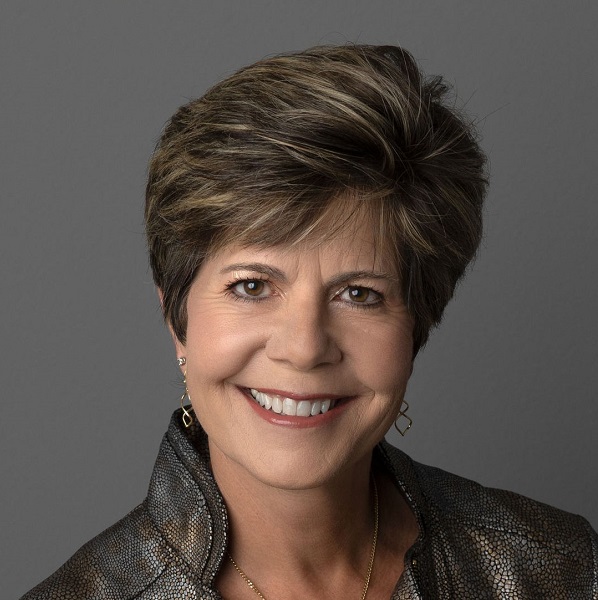Many cultural observers now write about the disintegration of civilization as we’ve known it into conspiracy theories, escapism, loss of any viable moral frames of reference, and irrational culture wars amidst an accelerating climate collapse. One describes this visible demise as “end-times crazy” of mass delusion and collective psychosis, and explains that when “the human race can’t cope any longer with what it’s wrought”, when “human minds can’t take it anymore”, we run away “in fear and terror.” [1] A profound observation.
Yet, these analyses often leave me wondering why we do not equally recognize that there are not just one but two parallel global processes under way.
It is true that we have all contributed to our current condition and we are having a hard time facing that. Centuries of materialistic religion that replaced the grasp of spiritual reality with aggressively promoted man-made, literal, dogmatic, and divisive beliefs, and rituals. Centuries of physicalism that valued primarily what can be measured and priced. Massive disregard for the sanctity of life which engineered a consumer culture and masked greed, corruption, and violence under appropriate euphemisms, until that approach created a global club of billionaires, a collapsing planet, and millions of impoverished and displaced humanity. We do find it easier to blame a handful of scheming elites than to recognize the unconscious materialism and willingness to live with self-serving half-truths through which we have all participated in what led to the current collapse. Just one look at what medical care, education, and business have become will suffice to make it clear how what we value and what we overlook has co-created the current reality.
Yet, this is only half the story. A comprehensive look reveals that not only are we living in the contentious demise of a technocratic and cynical civilization, but also in the massive rise of grassroot movements that transcend the culture of blame and escapism and are building evolutionary communities of fellowship and concerted, consultative action toward planetary transformation. [2] To describe either one process alone is to miss the complexity of our times.
The beauty of this difficult time is that we are awakening. Tens of thousands of people are leaving high-paying, competitive, exploitative jobs, and re-evaluating what is worth living for as the fragility of life has become more evident. And many more are organizing with courage and vision around addressing the most challenging planetary issues we face — from global hunger, the destruction of the oceans, violence against women and girls, and many more.
Of course, the process of emergence of a new and better way cannot magically soften the turbulence of pervasive social breakdown, economic, moral, and climate collapse, and the rise of fascism. But it offers a meaningful alternative. And we are meaning-making beings. We can survive and transform a lot if we can find meaning. It is the loss of all meaning that devastates.
A developmental perspective offers a helpful horizon. A way of being in the world is dying — one based on limited group identities and ideological clashes. A new way of being is emerging — one that recognizes our interdependence with each other and with all life, and the universal spiritual principles that need to underly governance. And growth is always painful.
As we are each growing beyond our current limitations, we recognize that we must stop blaming others and clean up our own lives of divisiveness and hostility, of unconscious materialism and idolatry. We begin to change the way we speak, as we notice how our everyday language perpetuates hostilities. We seek a language that is lighter, more permeated by the oneness of beauty and truth. Through this new language, we move beyond deconstructing what no longer works, and into constructing a way that elevates and focuses our vision on what is possible.
We come together to acknowledge our fears and deepening despair without turning these feelings into a war cry. Our shared fears and losses become stepping-stones to what has always healed and sustained humans — fellowship, conversation, exploration together. We share our identities without over-identifying with only one way, always holding space for a bigger whole to emerge. We bring to bear in this shared exploration the wealth of our spiritual and cultural roots, our poetic, philosophical and lived experience, our stories of resilience and faith.
Out of such fellowship, new solutions are born, a new and ennobling language, and new types of communities. It is the emergence of a new level of civilization — one that will eventually learn how to govern and distribute resources thoughtfully and fairly, one that will serve not individuals but humanity, based on spiritual principles of accountability, integrity, justice, and unity.
This piece is based on Elena’s recent book, Global Unitive Healing: Integral Skills for Personal and Collective Transformation.
[1] https://eand.co/this-is-what-a-civilization-ending-feels-like-a7be28d47f86
[2] See my brief piece on the topic at https://issuu.com/theowlmagazine/docs/the_owl_magazine_winter_2022/38
Elena Mustakova, author of Global Unitive Healing, brings a psychological, social, and historical evolutionary lens and points to spiritual principles and conscious practical steps that can transform collective despair into a path forward.








